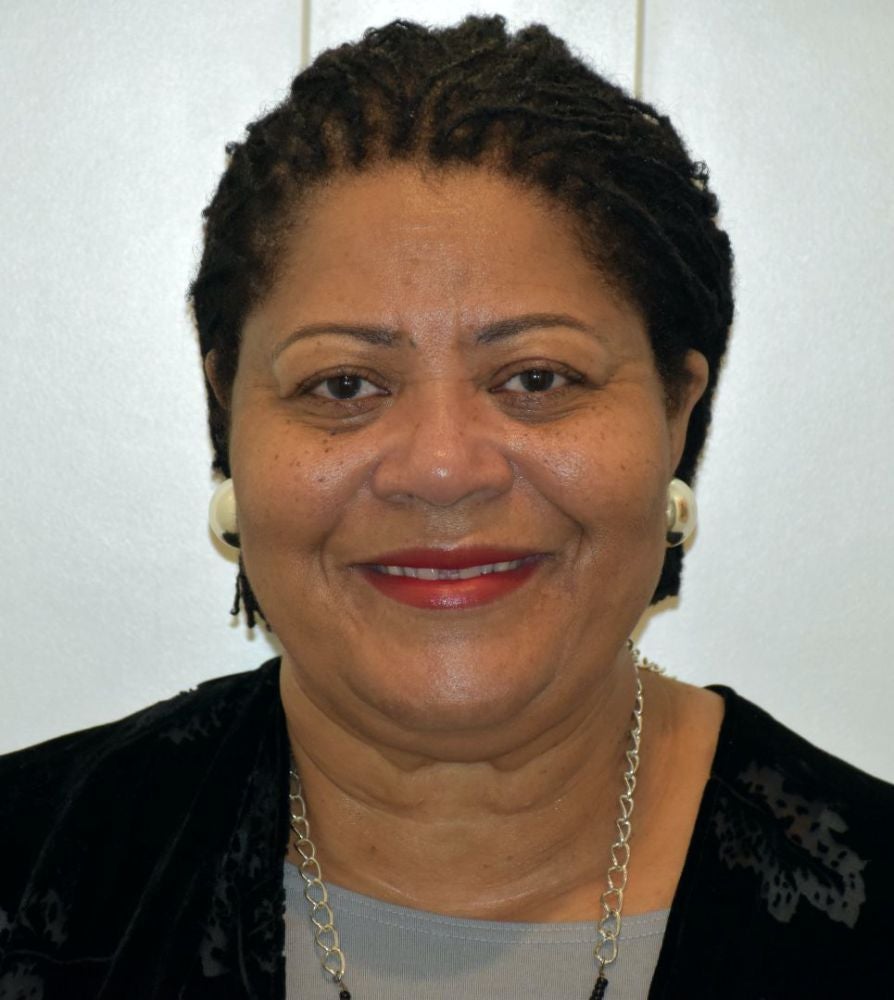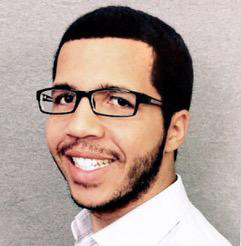
‘Anti-Blackness and Technology’


Technology today touches every facet of our lives. And in a just world, it would be colorblind. But continued research and the lived experiences of Black people demonstrate that’s not true.
Terrance Wooten, an assistant professor of Black Studies and scholar in residence at UC Santa Barbara’s MultiCultural Center, said technology has failed African Americans in numerous ways, from self-driving cars that are more likely to hit dark-skinned pedestrians to the remote proctoring software that has difficulty registering Black bodies.
“We are currently living in a context wherein our encounters with various technological tools have increased in order to perform basic tasks,” Wooten said. “For instance, the fact that ‘Zoom’ is simply part of our new vocabulary and there have been surges in e-commerce and online learning during the pandemic speaks to how intertwined we have become with these tools, despite some of our best efforts to find balance. At the same time, we know that technology has been used to analyze and surveil Black people all over the world.”
To address these failures of modernity, Sharon Tettegah, a professor of Black studies and the director of the Center for Black Studies Research (CBSR), and Wooten have organized “Anti-Blackness and Technology,” a webinar Wednesday, Nov. 18. from 3:30 to 5 p.m.
“Given the influence and impact technology has on the lives of Black communities in the U.S. and beyond, this gathering of preeminent scholars is a very important event,” said Tettegah, whose career and scholarly work have focused on on the intersections of social justice and science, technology, engineering and mathematics (STEM). “This webinar is a way to broaden participation during our global pandemic by bringing forward Black voices in technology on topics that address the continuing digital divide, the STEM divide, surveillance, and the absence or lack of Black voices and authorship in the creation and development of algorithms.
“I hope people will come away from the webinar with an understanding about how Black voices have been oppressed and compromised through the internet and other spaces,” she continued.
The webinar, which is sponsored by the CBSR and the campus’s Multicultural Center, will be moderated by Azzedin Jackson, a fourth-year doctoral student in the materials department and co-president of the university’s Black Graduate Student Association. The event would not be possible without the network of scholars Tettegah has developed over the course of her academic career.
Among the stellar list of scholars with deep expertise in the intersection of technology and race is Safiya Umoja Noble, an associate professor at UCLA in the Department of Information Studies and the Department of African American Studies. She is the author of the best-selling book “Algorithms of Oppression: How Search Engines Reinforce Racism,” which examines racist and sexist algorithmic bias in commercial search engines.
A former graduate student and now a colleague of Tettegah, Noble is co-author with Tettegah of the book “Emotions & Technology,” in which they look at the emotional relationship between technologies and users.
Also participating in the webinar are Andre Brock, Ruha Benjamin, Charlton McIlwain. Brock is an associate professor in the School of Literature, Media and Communication at Georgia Tech. His scholarship focuses on racial representations in videogames, Black women and weblogs, whiteness, blackness, and digital technoculture, as well as groundbreaking research on Black Twitter.
Benjamin is an associate professor and the Arthur H. Scribner Bicentennial Preceptor in the Department of African American Studies at Princeton. She specializes in the interdisciplinary study of science, medicine and technology; race-ethnicity and gender; knowledge and power. She is author of “People’s Science: Bodies and Rights on the Stem Cell Frontier” and “Race After Technology.”
McIlwain is vice provost for faculty engagement and development at New York University and oversees the NYU Alliance for Public Interest Technology, which brings together NYU’s faculty experts to collaborate with each other and with partners in the public and private sectors on the ethical creation, use and governance of technology in society.
Interest in the webinar is already high, with more than 1,300 people signed up.
“To me, the numbers suggest people are either becoming or want to become more aware of how anti-Blackness is embedded in our everyday lives,” Wooten said. “It also signals to me that there are a number of convergences between STEM and Black Studies (as well as ethnic and feminist studies) that people are hungry to explore. We have curated a panel of the top scholars who have been doing this work already, and hopefully it will create an opportunity for others to understand the importance of examining the ways that anti-Blackness might manifest in their own workplace, disciplines and interactions.”



